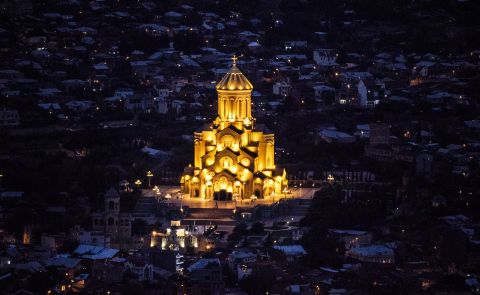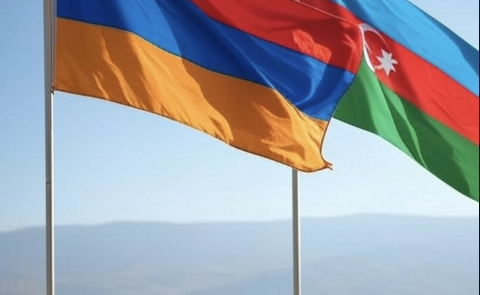
Fifteen Years Later: the 2008 War Through Brussels' Lens

Amidst a period of profound geopolitical change, the fifteenth anniversary of the 2008 war between Russia and Georgia has evolved into a battleground for diplomatic showdowns and political conflicts. On the global stage, Washington and Moscow have exchanged views and accusations that remain irreconcilable, while domestically, it has become a focal point in the struggle between the government and the opposition. This has led to statements from both the still incarcerated former president, Mikheil Saakashvili, and Prime Minister Irakli Garibashvili.
Against the backdrop of this tragic anniversary, the EU HRVP has issued a diplomatic message that centers on the war's humanitarian aftermath. High Representative Borrell reasserted the EU's commitment to a peaceful resolution of the conflict and denounced Russia's blatant military presence in Abkhazia and South Ossetia, demanding the full implementation of the 12 August 2008 six-point agreement, according to which “Russian military forces shall return to their positions prior to the start of hostilities”. Furthermore, Borrell emphasized “the right of refugees and internally displaced persons to choose a sustainable solution, including a voluntary, safe and dignified return” and underscored the role of the EU Monitoring Mission to Georgia, a non-armed civilian observation mission established in 2008, comprising over 200 monitors and with Field Offices in Gori, Mtskheta, and Zugdidi.
Other perspectives emerging from within EU institutions characterized the anniversary with more ardent statements.
Oliver Varhelyi, the EU Commissioner for Neighbourhood and Enlargement, succinctly conveyed his message via a tweet, noting that “In August 2008 Abkhazia and South Ossetia/Tskhinvali regions were occupied – and - ever since Georgia lives under the threat of heavy Russian military presence in the occupied regions”.
On the parliamentary front, Marina Kaljurand, an Estonian Member of the European Parliament and Chair of the EU-Georgia Parliamentary Association Committee, published a post condemning Russia's aggression in 2008 against Georgia and honoring the sacrifices made by both Georgia's military personnel and civilian population during the fighting. Additionally, MEP Kaljurand co-signed a joint statement with Sven Mikser, the European Parliament's standing rapporteur on Georgia. In this document, the 2008 conflict is framed in the context of the ongoing full-scale war in Ukraine. It asserts, “The international community's fainthearted response in 2008 has emboldened the Kremlin to further violate international law with a view to preventing other countries from choosing freely their own destiny.”
The statement goes on to denounce Russia’s military presence in Abkhazia and South Ossetia, noting that “In blatant violation of the UN Charter ad the Helsinki Final Act of 1975, the Russian Federation continues to occupy 20% of Georgian territory where it has established puppet statelets”.
The Lithuanian MEP Andrius Kubilius, chair of the Delegation to the Euronest Parliament Assembly and former Prime Minister of Lithuania, joined his colleagues in reading the 2008 conflict in Georgia in light of the ongoing war in Ukraine. MEP Kubilius defined the 2008 war as the moment when “Russia began to lose its future in the wars of imperial past” and wished both Georgians and Ukrainians to become part of the Euro-Atlantic community.
See Also

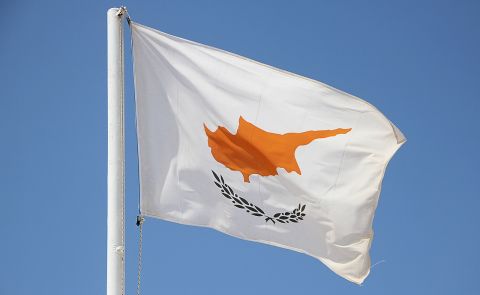
Cyprus Pledges Support for Displaced Armenians and Trilateral Partnership
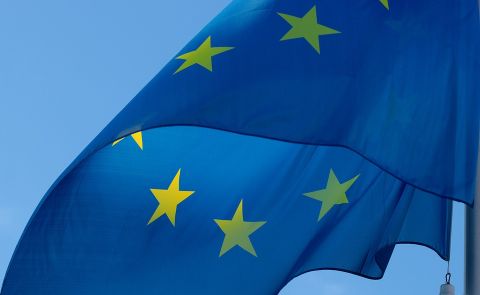
EU Official Encourages Turkey to Deepen Role in South Caucasus Stability
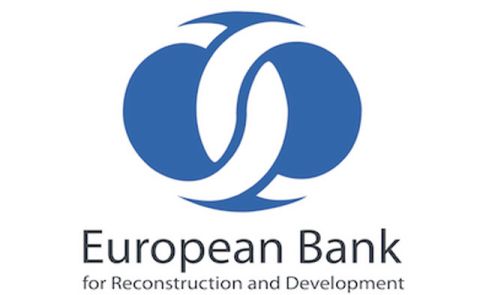
Armenia, EBRD Mark €400M Investment Milestone in Strategic Partnership
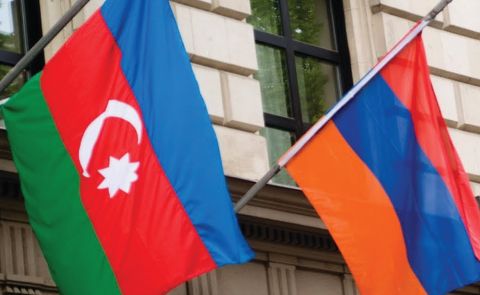
Armenian and Azerbaijani Officials Hold Separate Talks With Iranian Counterparts in Tehran
